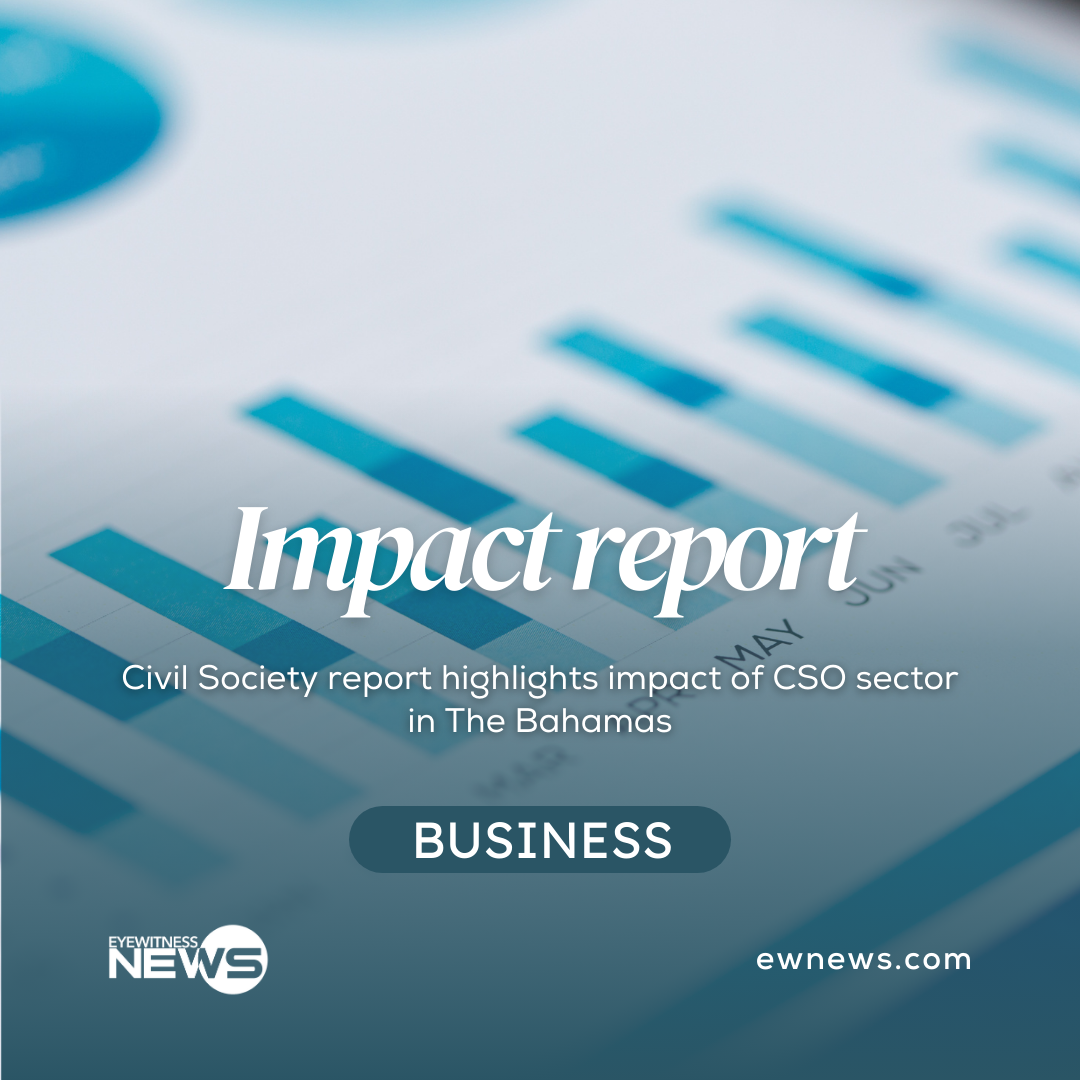NASSAU, BAHAMAS — A recent study revealed that Government grants to civil society organizations experienced a decline of more than 20 percent from 2018 to 2021.
A Civil Society Impact report undertaken by ORG noted that Civil Society Organizations (CSOs), encompassing both community-based and non-governmental entities, play a crucial role in enhancing socioeconomic conditions, Health, and education outcomes for beneficiaries.
The study on the impact of CSOs in The Bahamas utilized a combination of quantitative and qualitative methods, incorporating institutional and beneficiary perspectives. The research employed desk reviews, stakeholder consultations, analysis of the 2021 CSO mapping survey, and examination of data collected through a web survey targeting beneficiaries.
According to the report, over two-thirds of these organizations primarily operated in New Providence. Additionally, one in five lacked a formal legal entity, with only 78 percent claiming formal incorporation as a non-profit.
The areas of operation for CSOs were diversified, with 27 percent focusing on Education, Science, and Technology, 16 percent on Social Services, 13 percent on Arts and Culture, 8 percent on Health, and 6 percent on Advocacy. Furthermore, 60 percent of these organizations employed fewer than five workers, and 50 percent relied entirely on volunteers for day-to-day operations.
Securing funding within the CSO sector has consistently posed challenges globally. Factors contributing to this include diminishing or sporadic financial support from the public sector and increased competition for international cooperation financing. Notably, in The Bahamas, there is a lack of formalized incentives to encourage donations to CSOs.
The study also highlighted a significant decrease in government grants, plummeting by over 20 percent between 2018-2019 and 2020-2021, from $5.4 to $4.2 million.
The report noted that despite these challenges, CSOs in The Bahamas have proven to be cost-effective implementers of social support programs. They positively impact the lives of beneficiaries and their communities by creating job opportunities, fostering increased citizen involvement, and responding effectively to emergencies. Moreover, these organizations actively provide opportunities to underrepresented groups, including women, youth, and migrants.






